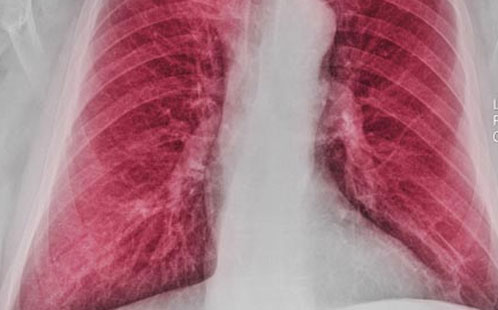Low hormone levels a reversible risk factor for men with chronic lung disease

Boosting low testosterone levels in males with chronic pulmonary disease (COPD) may reduce their risk of further deterioration and functional disability.
New research recently published online in the journal BMJ Open shows men with chronic lung disease have lower than normal testosterone levels compared to healthy men, which may be clinically important. COPD is the fifth leading cause of global disability caused by loss of health.
Senior Research Fellow Dr Evan Atlantis from the Family and Research Group within the School of Nursing and Midwifery at the University of Western Sydney and colleagues, analysed data from nine observational studies in 2918 men and six clinical trials in 287 predominately male patients.
The observational studies revealed that men with chronic lung disease had testosterone levels that were consistently lower compared with controls by about 3.2 nmol/L units. This difference has been shown to be clinically important for other medical conditions like diabetes, metabolic syndrome, and depression, and could worsen prognosis of the chronic lung disease.
"The small number of short-term clinical trials in predominately male patients suggests that testosterone therapy improves exercise capacity (muscle strength and endurance) – a key indicator for better prognosis for COPD patients," says Dr Atlantis.
Pulmonary rehabilitation, including exercise, leads to clinically relevant improvements in muscle strength and health related quality of life, indicating that skeletal muscle dysfunction should be a primary therapeutic target for intervention in patients with COPD.
"More research on the benefits and risks, as well as cost-effectiveness, of testosterone therapy is required to inform clinical practice guidelines for chronic lung disease," says Dr Atlantis.
By submitting a comment you acknowledge you agree with the Terms and Conditions.
Mobile options:

